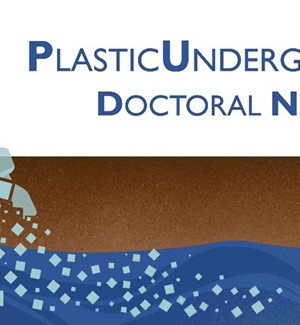- Agencia Estatal Consejo Superior De Investigaciones Cientificas,
- CHQ Technologies IKE,
- Blossom Microbial Technologies,
- Università degli Studi di Milano,
- ABITEC, s.r.o.,
- Gottfried Wilhelm Leibniz Universität Hannover,
- Vysoká škola chemicko-technologická v Praze,
- Centrum environmentálnych služieb, s.r.o.,
- Eni Rewind SpA,
- Universidade de Aveiro,
- Metfilter Sociedad Limitada,
- Universitat de Girona,
- Forschungsverbund Berlin EV,
- Perseus,
- Asociatia pentru Dezvoltare si Mediu Ademed,
- Instytut Innowacji i Odpowiedzialnego Rozwoju,
New system-driven bioremediation of polluted habitats and environment Biological organisms, including the smallest, can play a big role in restoring polluted environments. They remove or neutralise an environmental pollutant from soil or water in a process called bioremediation. The EU-funded Nymphe project will take this process to a new level. Specifically, it will develop bioremediation/revitalisation strategies based on the assembly of systems of available and new biologics (enzymes, microorganisms, bivalves and earthworms, plants and their holobiont) developed and applied on matrices from different EU contaminated sites (groundwater, sediments, wastewater, industrial and agricultural soils). The project will target at least 90 % removal of plastics and pesticides in agricultural soil and chlorinated solvents/total petroleum hydrocarbon in groundwater and sediments of industrial sites.
Want to analyze based on this project via our analysis tool? Analyze this project



